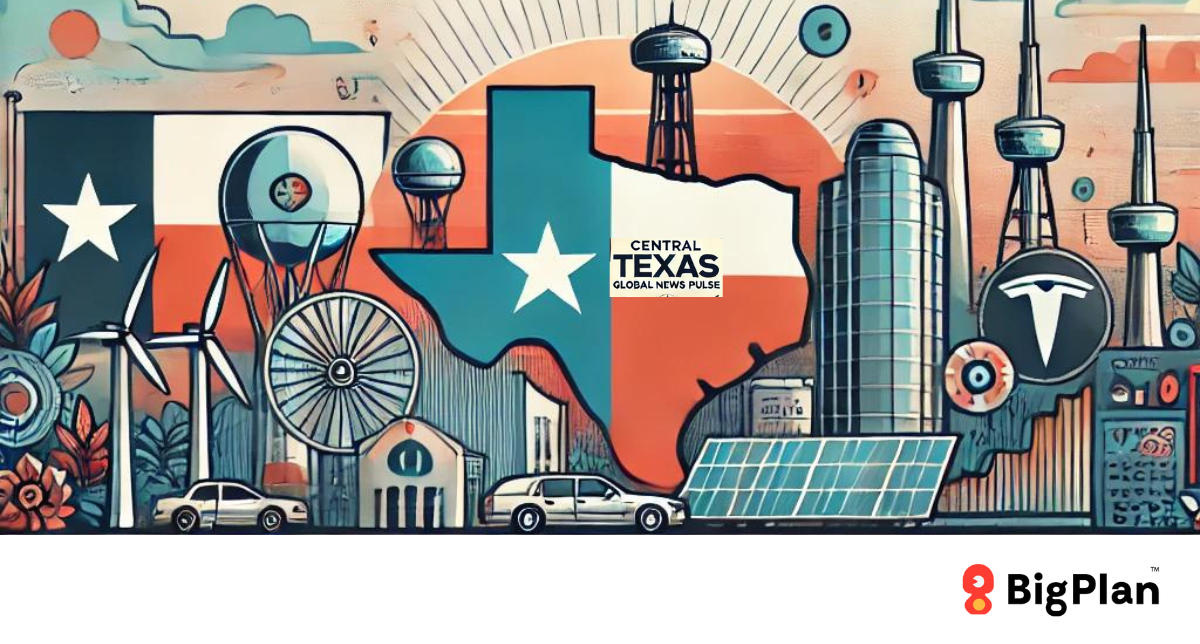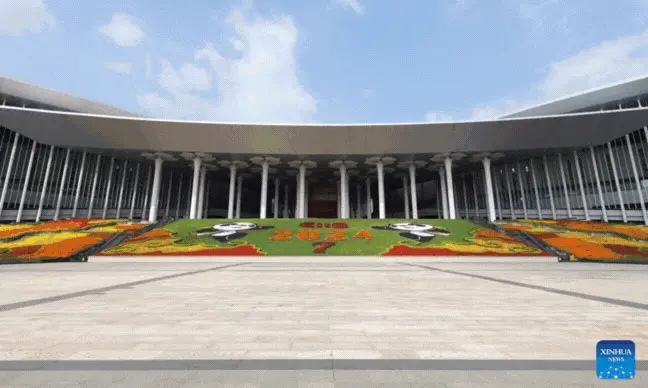
Central Texas Global Business Pulse
China International Import Expo (CIIE) 2024: Opportunities for Foreign Businesses



Certified WBE, MBE & HUB.
Certified by:
© 2024 Big Plan. All rights reserved.
Stay informed weekly. Subscribe to Central Texas Global Business Pulse.
